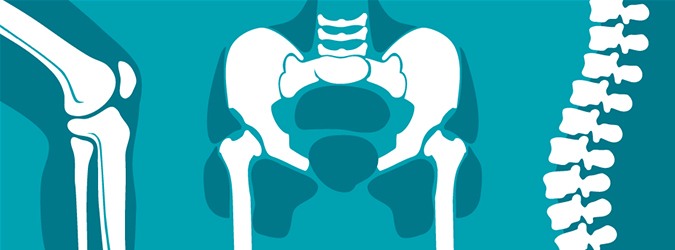Low Back Pain | Hip & Knee Arthritis

Rapid Access Clinics are expanding across Ontario to help people with musculoskeletal conditions quickly access care. They focus on hip and knee arthritis and certain types of low back pain.
Why are these clinics needed?
Because one in three adults live with musculoskeletal conditions – health conditions that affect muscles, bones or joints, and cause pain and mobility issues.
Yet patients with these conditions have waited months for imaging tests or an appointment to see a surgical specialist, often only to discover that they don’t need the tests or surgery. Plus, patients often receive limited support and guidance about their condition while they wait – or treatment options, or information on how to manage their pain.
And once treated, some patients may be prescribed opioids for any chronic pain related to their condition, although other treatment options may be more appropriate.
The solution? Rapid Access Clinics that provide the right treatment, faster.
How These Clinics Work
